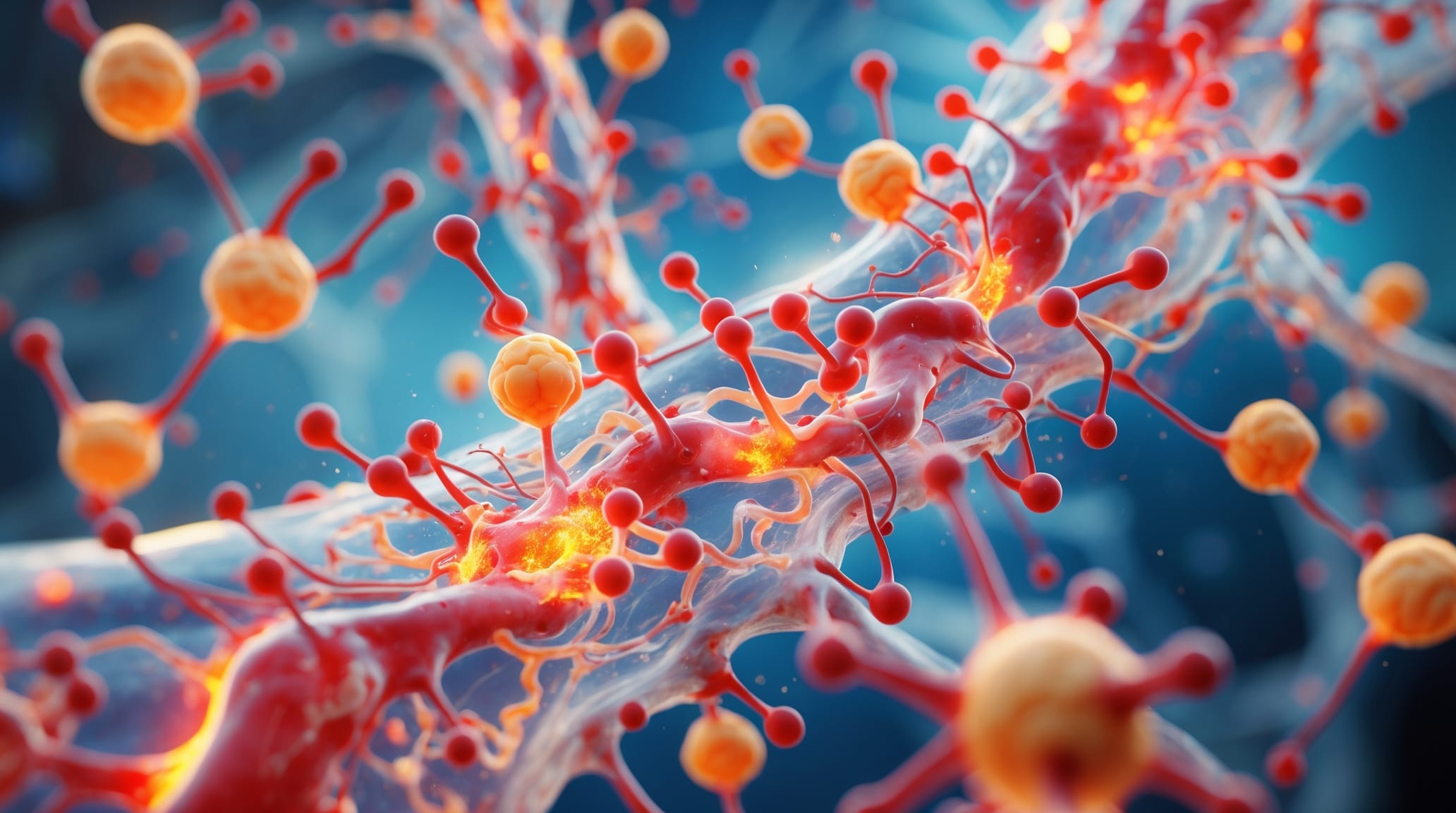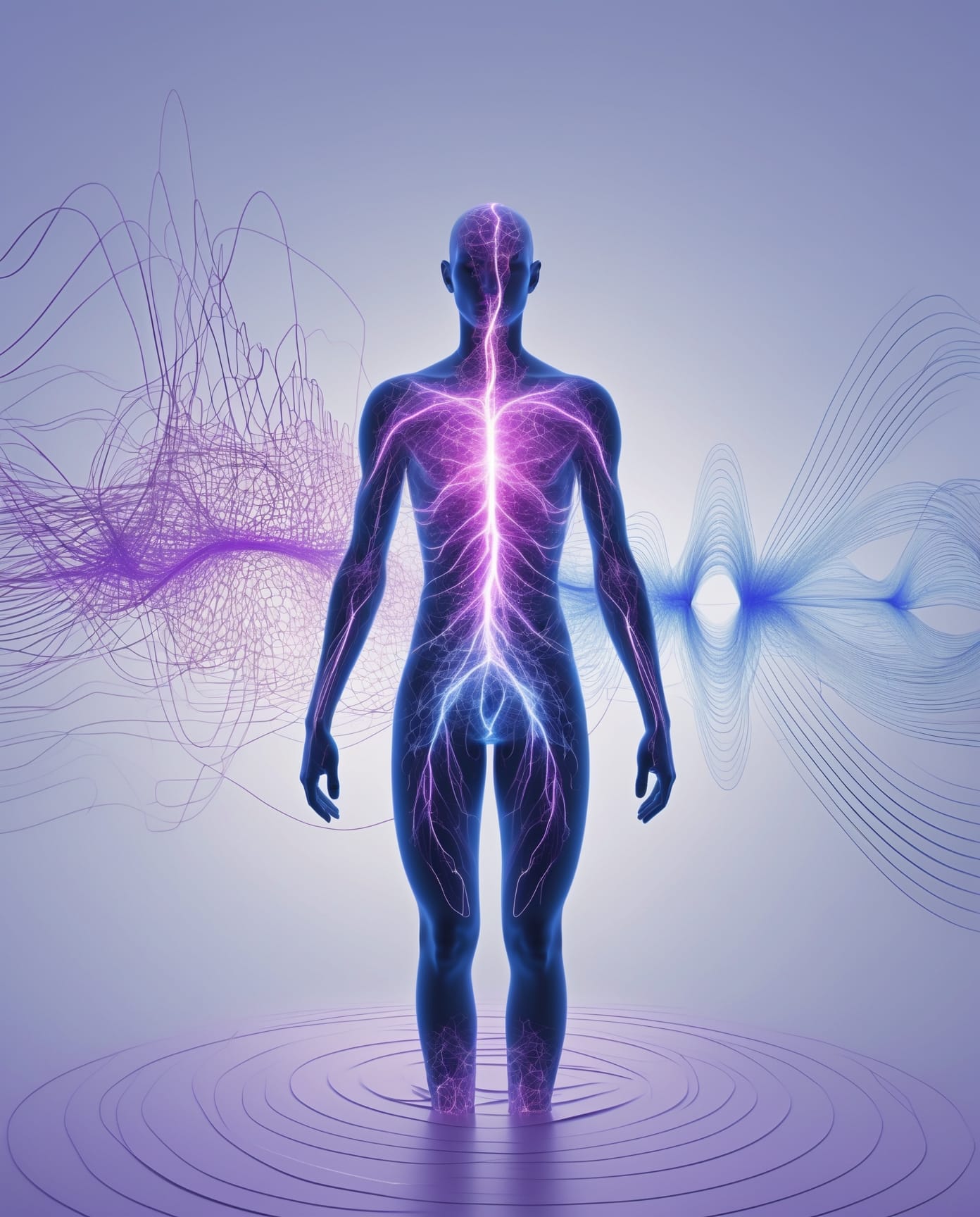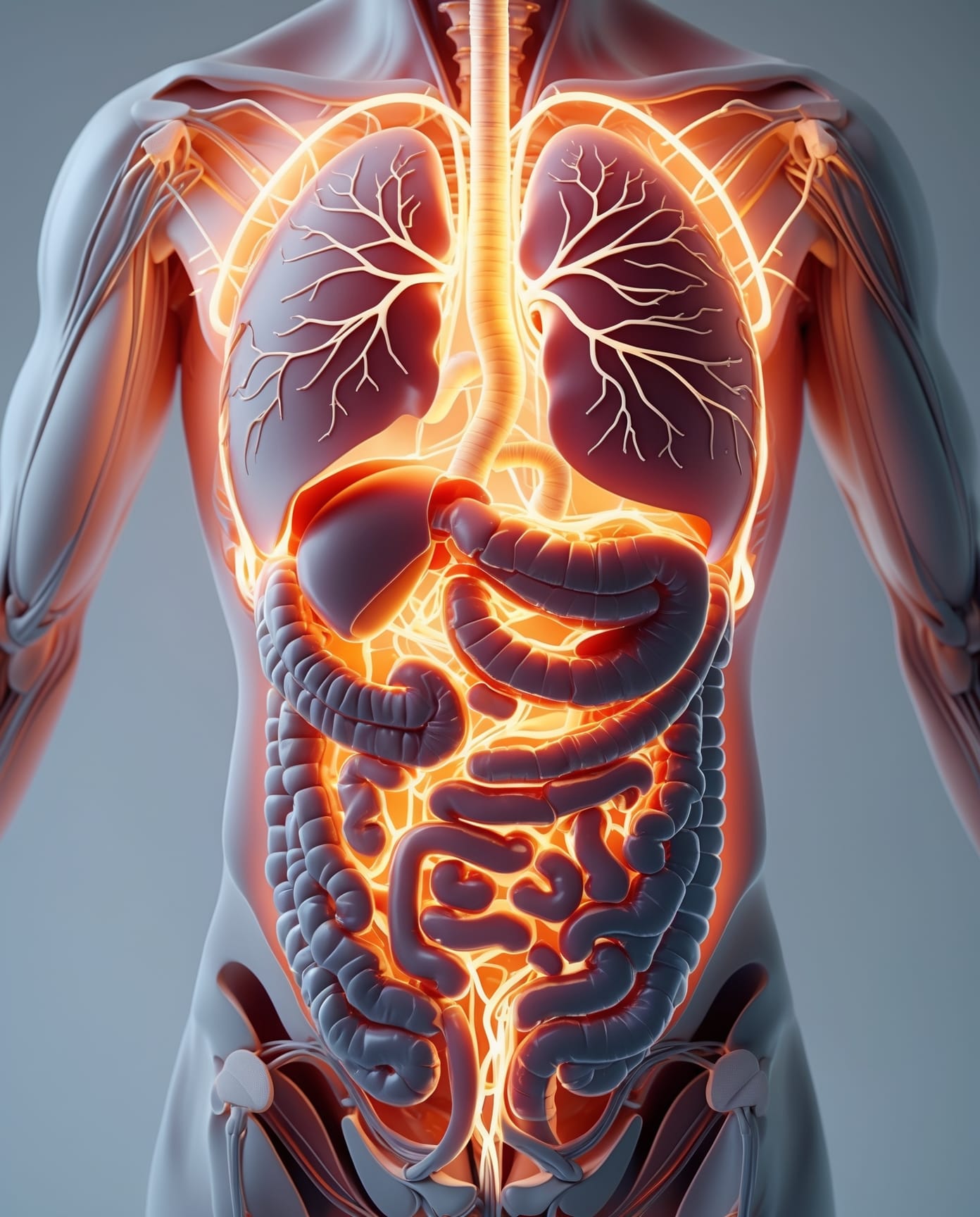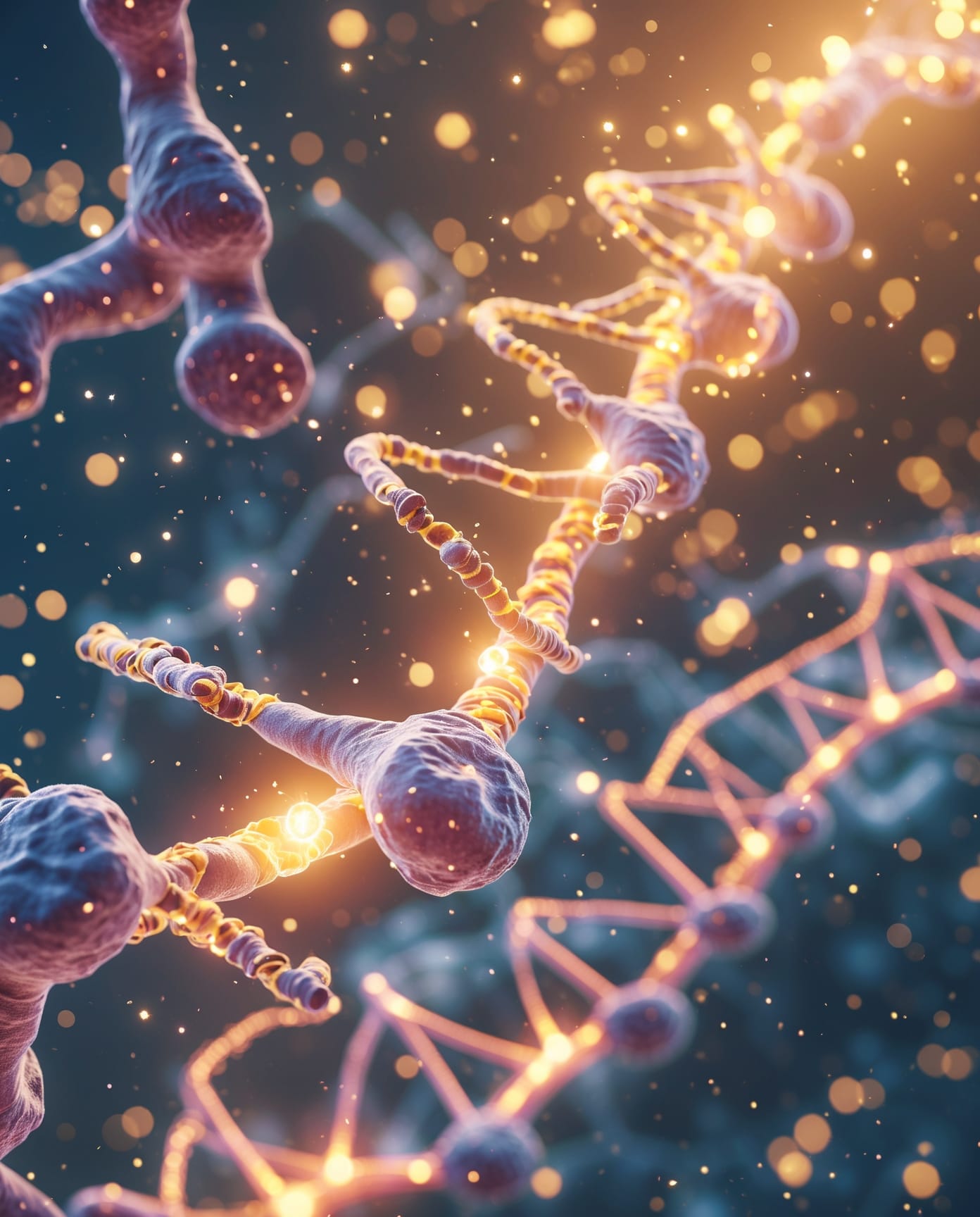The Hidden Shame Inflammation Connection: Why Your Body Keeps Score

The Hidden Shame Inflammation Connection: Why Your Body Keeps Score
If you've ever felt physical pain during moments of intense shame, you weren't imagining it. Recent breakthrough research reveals that your body literally keeps score of emotional wounds through measurable inflammatory responses that can persist long after the psychological sting fades.
When you experience that crushing wave of shame after making a mistake at work, or when childhood memories surface with their familiar sting of inadequacy, something profound happens beneath your conscious awareness. Your immune system springs into action as if you've sustained a physical injury, flooding your bloodstream with the same inflammatory molecules typically reserved for healing actual wounds.
This isn't metaphorical. It's measurable, documented, and happening in your body right now if you're carrying unresolved shame. The shame inflammation connection represents one of the most significant discoveries in psychoneuroimmunology, fundamentally changing how we understand the relationship between emotional pain and physical health.
The Research Reality
Harvard Medical School researchers have documented that acute shame episodes trigger inflammatory marker elevations comparable to moderate physical trauma. Women experiencing intense shame show measurable increases in inflammatory cytokines that can persist for days after the emotional trigger has passed.
During my specialized training in neuroimmunology at King's College London under Professor Alan Gibson, I witnessed firsthand how emotional states create cascading biological changes. What began as academic curiosity evolved into urgent personal investigation when I realized my own unexplained physical symptoms, digestive issues, and chronic fatigue, correlated perfectly with periods of intense shame and self-criticism.

How to Recognize Your Personal Shame Inflammation Pattern
If you've been told your symptoms are "all in your head" while simultaneously feeling like your body is betraying you, you may be experiencing the shame inflammation connection in real-time. The first step toward healing is recognizing how this pattern manifests uniquely in your body.
The Immediate Inflammatory Cascade
Within minutes of shame activation, your body initiates what researchers call the "social pain inflammatory response." If you pay attention during your next shame episode, you might notice:
- Digestive disruption: Sudden nausea, cramping, or that "sinking" feeling in your stomach occurs as inflammatory mediators affect your enteric nervous system
- Cardiovascular changes: Heart racing, chest tightness, or blood pressure fluctuations result from inflammatory effects on cardiac tissue
- Cognitive fog: Difficulty concentrating or memory problems emerge from neuroinflammation affecting neurotransmitter function
- Sleep disruption: Inflammatory cytokines interfere with normal sleep architecture, creating the shame-insomnia cycle many women experience
The Molecular Mechanism
UCLA's Social Cognitive Neuroscience Lab has identified that shame triggers rapid release of pro-inflammatory cytokines including interleukin-1β (IL-1β), tumor necrosis factor-α (TNF-α), and interleukin-6 (IL-6) throughout both central nervous system and peripheral tissues.

The Chronic Inflammatory Signature
When shame becomes a recurring pattern in your life, the inflammatory responses begin to compound, creating what researchers term "allostatic load." If you've experienced any of these persistent symptoms, they may be manifestations of chronic shame-induced inflammation:
Musculoskeletal symptoms: Unexplained muscle tension, particularly in shoulders and neck, joint pain without arthritis, or fibromyalgia-like widespread pain patterns.
Gastrointestinal manifestations: Irritable bowel syndrome symptoms, food sensitivities that seem to appear randomly, gastroesophageal reflux, or changes in appetite and digestion.
Neurological effects: Persistent brain fog, headaches that don't respond to typical treatments, mood instability, or attention difficulties.
Immune system dysregulation: Frequent infections, slow healing, autoimmune flares, or allergic reactions to previously tolerated substances.

The Electromagnetic Field Disruption: When Shame Short-Circuits Your System
Think of your body as an intricate electrical system where each organ generates specific electromagnetic frequencies that coordinate your physiological functions. Shame creates what physicists would recognize as destructive interference patterns, disrupting the coherent energy flows that maintain health.
This isn't new-age thinking; it's measurable science. Heart rate variability research from the HeartMath Institute demonstrates that shame episodes create measurable chaos in the electromagnetic patterns generated by cardiac function, disrupting the coordinated communication between heart, brain, and other organ systems.

The Vagal Inflammatory Disruption
Your vagus nerve acts like a master electrician, regulating inflammatory responses through what researchers call the "cholinergic anti-inflammatory pathway." During shame states, this crucial system becomes disrupted:
- Reduced vagal tone means less anti-inflammatory signaling to immune cells throughout your body
- Sympathetic nervous system dominance maintains inflammatory states that would normally resolve within hours
- Disrupted heart-brain coherence interferes with the electromagnetic coordination that supports emotional regulation
The Neuroinflammation Discovery
Stanford University researchers have documented that chronic emotional stress activates brain immune cells called microglia, creating sustained neuroinflammation that affects memory, mood, and cognitive function. This microglial activation can persist for weeks after acute shame episodes.
The Gut-Brain Inflammatory Highway
If you've noticed digestive issues accompanying your emotional struggles, you're experiencing the gut-brain axis in action. The shame inflammation connection heavily involves this bidirectional communication system between your enteric nervous system (your "gut brain") and your central nervous system.
During shame episodes, inflammatory mediators travel both directions along this highway. Stress hormones alter your gut microbiome composition, reducing beneficial bacteria that normally produce anti-inflammatory compounds. Simultaneously, increased intestinal permeability allows bacterial toxins to enter your bloodstream, triggering additional inflammatory responses that affect brain function.
This explains why shame often manifests as both emotional distress and physical digestive symptoms, why certain foods seem to trigger both gut problems and mood issues, and why addressing gut health often improves emotional resilience.


The Precision Healing Approach: Targeting Multiple Systems Simultaneously
Traditional approaches to shame healing often focus exclusively on psychological processing while ignoring the biological inflammatory responses that can perpetuate emotional distress. Effective intervention requires what I call "multi-system integration," addressing both the emotional triggers and the physiological inflammatory patterns they create.
Nervous System Regulation as Foundation
Since shame-induced inflammation largely results from autonomic nervous system dysregulation, restoring nervous system balance becomes the foundation for all other healing efforts:
Heart rate variability training helps restore coherent electromagnetic patterns between heart and brain, improving the body's natural anti-inflammatory responses. Research from the Cleveland Clinic shows that consistent HRV practice can reduce inflammatory markers within weeks.
Vagal tone enhancement through specific breathing practices, cold exposure, and gargling exercises strengthens the cholinergic anti-inflammatory pathway, helping your body naturally regulate inflammatory responses.
Polyvagal-informed approaches work directly with nervous system states rather than focusing solely on cognitive processing, helping interrupt the shame-inflammation loop at its source.
The Anti-Inflammatory Nutrition Connection
Research from Harvard T.H. Chan School of Public Health demonstrates that specific nutrients can directly modulate the inflammatory pathways activated by emotional stress. Omega-3 fatty acids, particularly EPA, provide substrates for resolvin synthesis, helping the body actively resolve inflammatory responses rather than just suppressing them.
The Microbiome Restoration Strategy
Given the crucial role of gut-brain communication in the shame inflammation connection, targeted microbiome restoration becomes essential for sustainable healing:
- Specific probiotic strains that reduce inflammatory cytokine production and support neurotransmitter synthesis
- Prebiotic fibers that feed beneficial bacteria and support anti-inflammatory metabolite production
- Polyphenol-rich foods that reduce gut inflammation and support healthy microbiome diversity
- Elimination of inflammatory triggers while gut integrity is restored
The Cellular Recovery Protocols

Chronic shame creates cellular damage through oxidative stress and mitochondrial dysfunction. Recovery requires targeted support for cellular repair processes:
Mitochondrial support through specific nutrients that enhance cellular energy production and reduce inflammatory byproducts. This includes CoQ10, alpha-lipoic acid, and magnesium glycinate.
Antioxidant systems enhancement using nutrients that support your body's natural ability to neutralize inflammatory free radicals. Glutathione precursors and vitamin C play crucial roles.
Circadian rhythm restoration since proper sleep architecture is essential for the anti-inflammatory processes that occur during deep sleep stages.
Important note: These represent research findings on anti-inflammatory approaches. Please consult with qualified healthcare providers before implementing specific supplemental protocols.

The Epigenetic Implications: Breaking Intergenerational Cycles
Perhaps the most profound aspect of understanding the shame inflammation connection involves its epigenetic implications. Chronic shame doesn't just affect you; it can influence gene expression patterns that may be transmitted to future generations.
Dr. Rachel Yehuda's groundbreaking research at Mount Sinai demonstrates that trauma-induced inflammatory programming can be passed to offspring through DNA methylation changes. This means the shame patterns you carry may partially stem from inherited inflammatory sensitivity, but also that healing your shame-inflammation cycle can positively impact future generations.
The Cellular Memory Reprogramming
Chronic shame creates lasting changes in gene expression patterns related to inflammatory responsivity. However, emerging research in nutritional epigenetics suggests these changes aren't permanent:
- Meditation practices can alter gene expression related to inflammatory responses within weeks of consistent practice
- Specific nutrients act as methyl donors, supporting healthy DNA methylation patterns
- Social connection appears to reverse some of the epigenetic changes associated with chronic emotional stress
- Meaning-making practices correlate with beneficial changes in inflammatory gene expression
The Resilience Factor Discovery
Research from the University of Wisconsin reveals that individuals who successfully resolve shame-inflammation patterns show specific changes in gene expression related to resilience factors. These changes appear to create lasting protection against future inflammatory responses to emotional stressors.
The Integration Imperative
Breaking free from the shame inflammation connection requires integration across multiple domains simultaneously. This isn't about choosing between emotional processing OR biological intervention; it's about recognizing that sustainable healing requires both approaches working in coordination.
Women who successfully interrupt this cycle typically engage in what I call "conscious integration," simultaneously addressing:
- Psychological patterns through trauma-informed therapy approaches
- Nervous system regulation through somatic and polyvagal practices
- Inflammatory pathway support through targeted nutrition and lifestyle modifications
- Social and environmental factors that either support or undermine healing efforts
- Meaning-making frameworks that transform shame narratives into wisdom and resilience
Share This Research
Continue Your Healing Journey
- Meet Luna: Your Sleep & Nervous System Regulation Specialist
- Discover Mara: Expert in Anxiety & Inflammatory Response Patterns
- Connect with Saela: Shame Transformation & Emotional Integration
- About NuraCove's Trauma-Informed AI Approach
- The Founding Sister Bundle: Comprehensive Support for Midlife Women
- Founder's Story: From Pharmacologist to Consciousness Architect